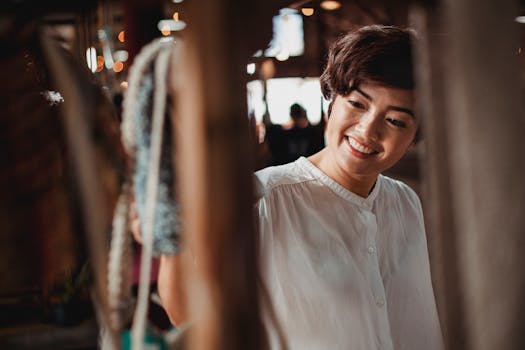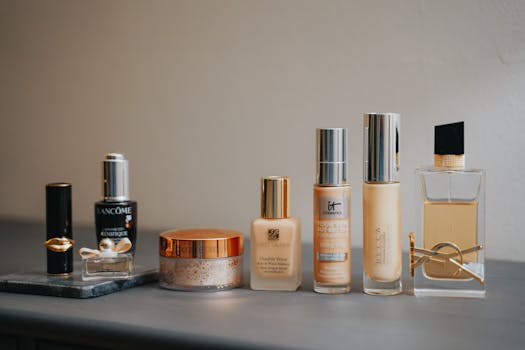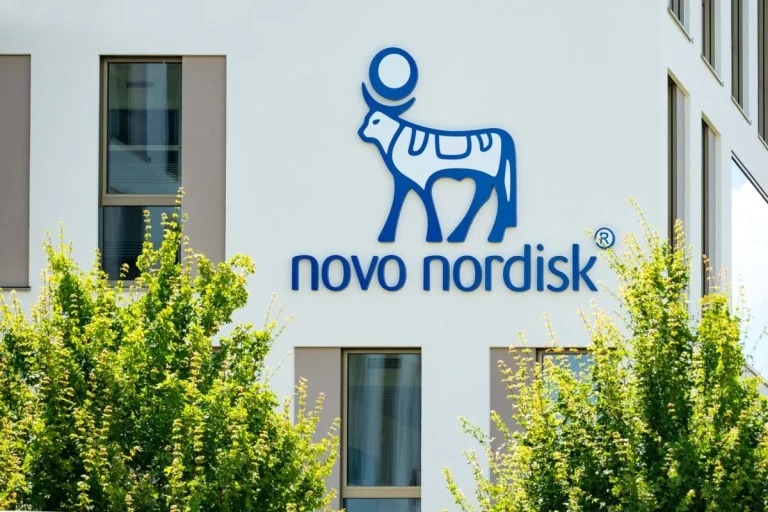
The Latest Trends in Luxury Makeup: What’s New in 2023
Takeaways: The luxury makeup market is evolving with new product launches, innovative formulations, and collaborations. Key trends include skincare-infused makeup, sustainable packaging, and a focus on inclusivity.
The luxury makeup industry is constantly evolving, with brands introducing innovative products that not only enhance beauty but also cater to the growing demand for skincare and sustainability. In 2023, several trends have emerged that are shaping the way we view luxury cosmetics. From high-end makeup collections to collaborations with renowned artists, the luxury beauty landscape is more exciting than ever.
New Product Launches in Luxury Makeup
This year has seen an impressive lineup of product launches from prestigious beauty brands. For instance, Chanel recently unveiled its latest makeup collection, which features vibrant colors and luxurious textures. The collection includes a range of lipsticks, eyeshadows, and blushes that cater to diverse skin tones. Chanel’s commitment to inclusivity is evident in their expanded shade range, ensuring that everyone can find their perfect match.
Meanwhile, Tom Ford Beauty has introduced a line of luxury skincare-infused makeup products. These innovative formulations combine the benefits of skincare with the artistry of makeup, allowing consumers to achieve flawless looks without compromising on skin health. Tom Ford’s products are designed to enhance natural beauty while providing long-lasting hydration.
Another notable launch is from Giorgio Armani Beauty, which has released a collection of long-wear foundations that cater specifically to different skin types. This collection emphasizes the importance of personalized beauty solutions, allowing consumers to choose products that suit their individual needs. With a focus on lightweight formulas and natural finishes, Armani Beauty continues to set the standard for luxury foundations.
Collaborations and Limited Editions
Collaborations are a significant trend in the luxury makeup industry, with brands teaming up with artists, influencers, and even fashion houses to create unique and limited-edition collections. For example, Fenty Beauty, known for its inclusive approach to beauty, recently collaborated with renowned makeup artist Pat McGrath. This partnership has resulted in a stunning collection that highlights bold colors and innovative textures, further emphasizing Fenty’s commitment to diversity and creativity.
Additionally, Yves Saint Laurent has launched a limited-edition collection inspired by the iconic designs of the fashion house. This collection features luxurious packaging and vibrant shades that pay homage to YSL’s rich heritage in fashion. The collaboration has garnered significant attention, showcasing how luxury makeup can intersect with high fashion.
Moreover, the trend of influencer collaborations continues to thrive. Brands are recognizing the power of social media influencers and their ability to connect with audiences. This year, several luxury brands have partnered with popular beauty influencers to create customized collections, bringing a fresh perspective to their product offerings.
Sustainability and Ethical Practices
As consumers become more environmentally conscious, luxury makeup brands are responding by adopting sustainable practices. Many brands are now focusing on eco-friendly packaging, using recyclable materials and reducing plastic waste. For instance, Diorskin has launched a new line of makeup in refillable packaging, allowing customers to reduce their environmental footprint while enjoying luxury products.
Additionally, several luxury brands are prioritizing ethical sourcing of ingredients. Brands like Ilia Beauty are transparent about their sourcing practices and are committed to using clean, non-toxic ingredients in their formulations. This shift towards clean beauty is evident in the rising popularity of skincare-infused makeup, which not only beautifies but also nourishes the skin.
Furthermore, many luxury brands are implementing charitable initiatives, supporting causes such as women’s empowerment and environmental conservation. This commitment to social responsibility resonates with consumers, making them more likely to choose brands that align with their values.
Conclusion







